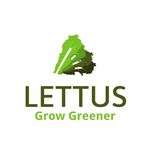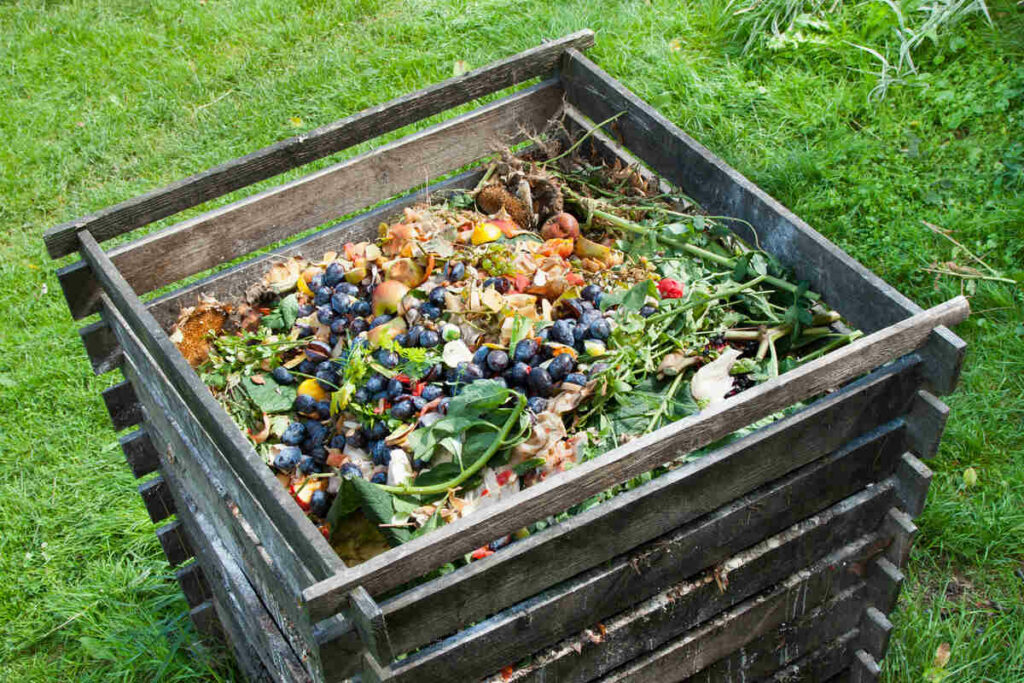Composting is a fantastic and effective way to reduce food waste and enrich your garden soil.
Here’s how to get started:
1. Choose a Composting Method
Compost Bin: Purchase or build a compost bin to keep your compost contained and organized. This is ideal for smaller spaces.
Compost Pile: If you have ample space, you can create an open compost pile in your yard.
2. Select a Location
Find a dry, shaded spot in your yard that’s easily accessible. This will help maintain moisture levels and make it convenient for adding materials.
3. Gather Compostable Materials
Green Materials: Include nitrogen-rich items such as fruit and vegetable scraps, coffee grounds, grass clippings, and plant trimmings.
Brown Materials: Add carbon-rich items like dried leaves, cardboard, paper, and straw. A good balance of green and brown materials is essential for effective composting.
4. Layer Your Materials
Start with a layer of brown materials, followed by green materials. Alternate layers to maintain a balanced mix, which promotes decomposition.
5. Maintain Moisture
Keep your compost moist but not soggy. If it feels dry, add water or more green materials. If it’s too wet, add more brown materials to absorb excess moisture.
6. Aerate the Compost
Turn the compost regularly (every few weeks) using a pitchfork or shovel. This aeration helps speed up decomposition and prevents odors.
7. Monitor Temperature
A well-maintained compost pile will heat up as materials break down. Aim for a temperature between 130°F to 160°F (54°C to 71°C) to kill pathogens and weed seeds.
8. Harvest Your Compost
In a few months, your compost will be dark, crumbly, and earthy-smelling. This finished compost can be used to enrich garden soil, potted plants, or landscaping.
Tips for Successful Composting
Avoid adding meat, dairy, or oily foods, as these can attract pests.
Chop or shred larger materials to speed up decomposition.
Keep a balance of green and brown materials for optimal results.





